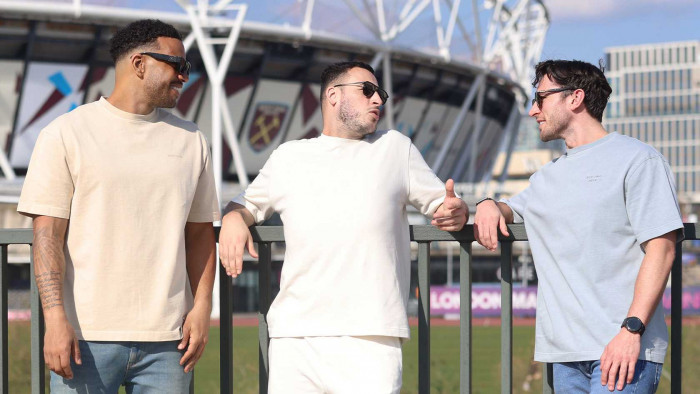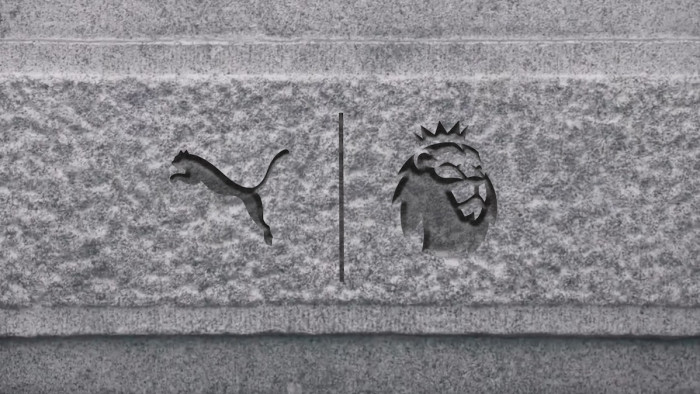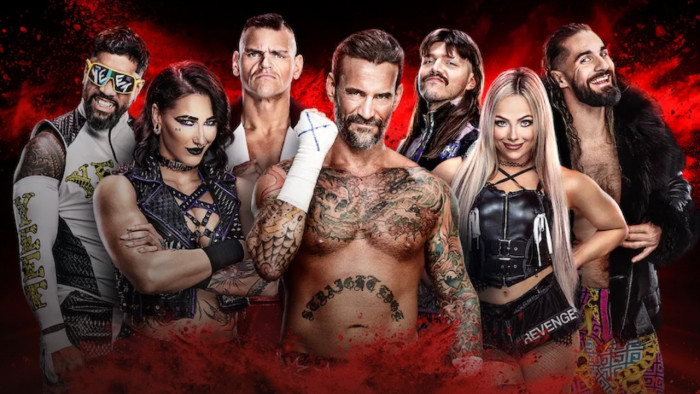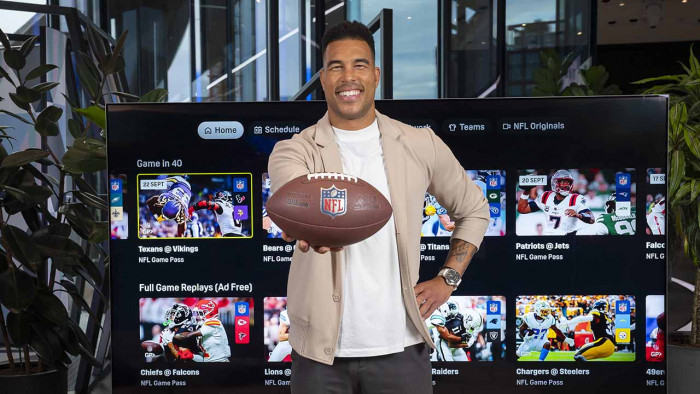This is why people are so worried about racist abuse at the World Cup in Russia
For many, the main emotion surrounding the World Cup is fear


In 2013, Manchester City’s Yaya Toure was left humiliated after a crowd jeered racist monkey chants at him during a Champions League game against CSKA Moscow.
Two years later, Brazilian player Hulk, then the star striker at Zenit St. Petersburg, said he encountered racism in “almost every game” in Russia.
And earlier this month, the Russian Football Union was fined £22,000 for racist chants by fans in March’s friendly with France.
This is the sort of racist abuse that is seared into the minds of almost all non-white football players and fans - and for that matter, anyone that cares about trying to get racism out of sport.
In fact, the prospect of racist abuse in Russia has become such a concern that England’s World Cup squad will be officially briefed on how to deal with potential abuse at this summer’s finals.
England manager Gareth Southgate said recently: “We work with our players on how we will support each other if anything like that was to happen,” according to The Independent.
“There are some sessions we will do with them about that, and then there is the official protocol to be followed. So we have everything in place, but most importantly is that internally the players feel they have that level of support.”

Gareth Southgate is preparing his squad for racist abuse in Russia
In light of this, we spoke to some dedicated black football fans to find out why they’re nervous about what could happen at the tournament.
Joseph Guthrie, a London-based writer, musician and avid Man United fan, told me: “The endemic racism in the Russian football fandom would absolutely put me off going to the games in Russia. As a Black bisexual man, I’m wary of socio-political climates like Russia’s. I’d be lying if I said I wasn’t at least guarded by the security risk posed to a lot of folks going.
“Personally, I wouldn’t feel safe in Russia at all and until Russians accept that their stance on racism and homophobia is wholly flawed and illogical, nothing will truly change.”
Read more: A player-by-player guide to England’s World Cup squad
Joseph has had particularly painful first-hand experience of what it can be like confronting racism in Russian football. He explained: “I’ve monitored both racism and homophobia in Russian football for years” ever since he wrote about the Lanscrona wing of the Zenit St. Petersburg supporter’s community – a team with the stomach-churning nickname of ‘the most racist club in the world’.
“Doing so gave me great insight into how Russian white men view racism in general, never mind through the perspective of a football supporter. What I found were sordid apologists for racism not completely dissimilar to that of many British white men that I’ve crossed paths with,” he said.
“This bigoted environment is underscored and emboldened by the fact that Russia’s anti-racism inspector for Russia 2018, Alexei Smertin, is on record saying racism doesn’t exist in Russia.”

“Personally, I wouldn’t feel safe in Russia,” says football fan Joseph Guthrie
Shockingly, after he wrote his article, Joseph’s personal information and a picture of his newborn daughter were spread by white supremacists and neo-Nazis on the infamous hate website Stormfront.
He added: “At first, I was horrified but then I quickly realised that I had achieved my objective of squaring up to racist people and getting some things about Zenit fans off my chest. I don’t particularly want to exert my energy on something so dehumanising as racism, but I feel compelled to stand up to it in any way I can. We can do better than this as human beings.”
Mica, another football and gaming fan from Shoreditch, added to these concerns about racism at the World Cup in Russia.
He told me: “I feel like racism in football is a worldwide issue that football federations aren’t taking seriously. And I think security should absolutely be a priority for FIFA at the World Cup in Russia. The county’s reputation is already under threat.”
He rightly points out that Russia isn’t the only country struggling with racism in its football fandom. He added: “It’s not just a thing in Russia, it’s also serious issue in the Middle East and even in Europe with cases like Chelsea in Paris. It’s even a big thing in other sports. I was at the Wimbledon game when Serena nearly lost to Heather Watson, and some sections of the crowd were making monkey noises and gestures.”
Regardless, Mica thinks much more should be done to improve the sport. “FIFA should make a much better effort in reminding people what football, and sport in general, is all about,” he said. “It’s a universal platform that has no language, the opportunity for teams and nations to showcase their talents and their cultures. And I expect Russia to show the world their culture at the opening ceremony, but they should also be receptive to others too.”
And many other people have shared their concerns about the tournament online:
What makes this potential for racism so frightening is how it could be combined with physical violence.
As the world saw at the Euro 2016 tournament in France, the Russian football fandom has an incredible capacity for violence. Admittedly with the help of British and other supporters, the streets of Marseille and Lille ran red with blood after brutal bouts of hooliganism and hand-to-hand combat led by Russian ultras.
The violence was so bad that BBCcommentator Alan Green vowed that “under no circumstances” would he travel to the tournament in 2018.
FIFA claims to done their best to counteract these concerns about violence and racial hostility; yet earlier this month imposed a fine of just £22,000 on the Russian football association after fans racially abused France players, aiming monkey chants at players during a friendly in St. Petersburg in March, played at a ground that will host seven World Cup games, including a semi-final.
On this occasion, FIFA said that its disciplinary panel noted “the gravity of the incident but also the limited number of fans involved.”
In a statement, a FIFA spokesman told me: “FIFA has a zero-tolerance approach to discrimination and have mechanisms in place to ensure that the atmosphere in the stadiums is one of celebration and respect.
“When it comes to public security, FIFA has complete trust in the security arrangements and comprehensive security concept developed by the Russian authorities and the Local Organising Committee for the 2018 FIFA World Cup.
“Naturally, FIFA is also in constant contact with all stakeholders regarding the ongoing risk assessment.”
But that hasn’t stopped the calls for a boycott of the World Cup in Russia. One petition online amassed more than 80,000 signatures while the EU earlier said a boycott was possible over the country’s continuing military action to destabilise Ukraine and its annexation of Crimea.
And all this is on top of the fact that gay men have faced torture and death in the Russian region of Chechnya and the entire US government is still teetering on a cliff edge after Vladimir Putin interfered in the presidential election in 2016.
Now it’s up to the Russian authorities to try to produce a safe tournament for all players and fans. But for many black football supporters, there’s very little that can be done to ease their concerns. There’s just too much that needs to be done and not enough time to do it.
(Images: Rex / Getty)
Latest
Related Reviews and Shortlists









